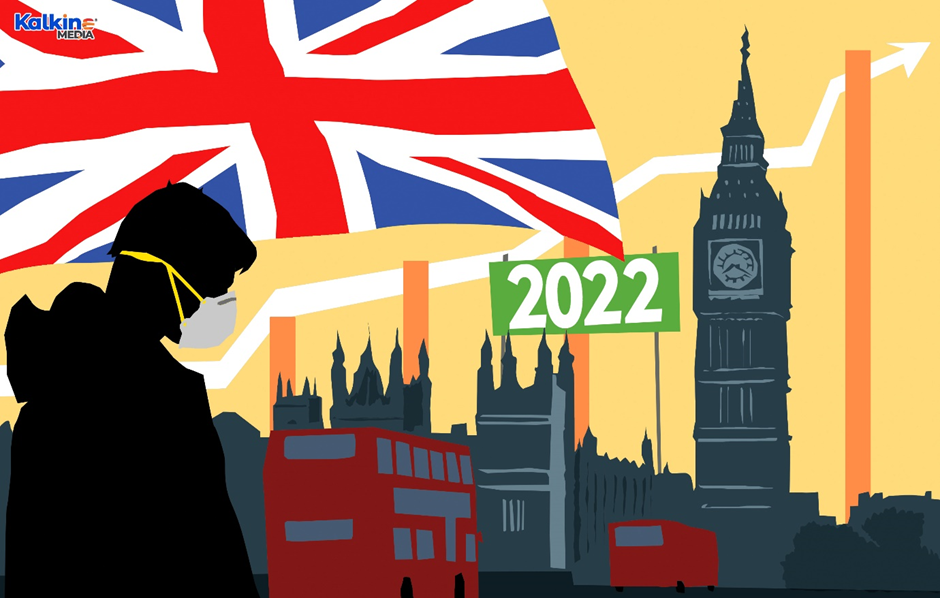Highlights
- The stock market is highly unpredictable and it’s difficult to assess what’s in store for 2022.
- Certain factors like inflation, interest rate, growth, and unemployment rate should be considered while making investment decisions and choosing the right stocks at least for now.
The stock markets all over the world have performed decently in 2021, but that doesn’t ensure that the trend will continue this year too as the market is extremely unpredictable. It is hard to foresee what’s in store for 2022, but there are some general trends that may have an influence on the stock markets this year. These trends should be considered while making investment decisions and choosing the right stocks.

© 2022 Kalkine Media®
Growth and inflation
With the Omicron variant spreading rapidly and creating fear in the minds of people, the year 2022 has started on a bad note for the UK, which has already been dealing with rocketing inflation and weak growth. Supply chain constraints and shortage of labour have impacted businesses and increased the costs for households who have been struggling with rising energy bills amid a rough winter.
The economic activity, which had started showing signs of recovery, has again plunged due to the new wave of infections and Government restrictions. As per OECD predictions, Britain’s GDP growth is expected to fall to 4.7% in 2022 from 6.9% in 2021 due to the rise of Omicron. There is no doubt that such macro trends impact the stock markets, and thus 2022 might be a challenging year, at least first few months.
RELATED READ: Six economic factors to keep an eye on in 2022

© 2022 Kalkine Media®
Interest rate hike
The UK inflation levels have recently touched record highs and the rate of inflation is expected to touch 6% in April, which is triple the Bank of England’s 2% target rate. This has been the highest level of inflation witnessed in the UK in over a decade. A national crisis is expected as the energy price cap is lifted by Ofgem in April, leading to excessive financial burden on households.
To counter the impact of soaring inflation, the Bank of England is planning to raise the interest rate to 1% by the summer of 2022. From the current rate of 0.25%, the first increment in the interest rate will be made in February. While BoE counters the inflation with an interest rate hike, the investors should try to counter the impact of inflation by investing in the energy sector with stocks like BP and Shell. Equity REITs, consumer staples, industrial, and financial stocks may also potentially be inflation resistant.
Sluggish recovery
With excessive public spending due to the pandemic-related disruptions, the UK Government is facing a huge budget deficit. In the upcoming months, the deficit may become even higher due to the rising inflation and interest rates leading to higher payments. The UK unemployment rate, which was going down last year even though the furlough scheme had ended, has started going up again due to Omicron. Sectors like hospitality and travel have been hit the hardest yet again, and thus investors should try avoiding these sectors amid Omicron fears.
RELATED READ: Major events to watch in 2022
Sectors like healthcare and pharmaceuticals could be a good option for investors amid the pandemic-related concerns as the demand for medical products isn’t expected to go down in the near future. Stocks like AstraZeneca and GlaxoSmithKline should be bought and held by investors this year to reap the maximum benefits amid the ongoing healthcare crisis.
Bottomline
With the falling growth rates and plans of the UK Government to increase the taxes, the households’ incomes are expected to squeeze this year. Therefore, it is important to invest judiciously and choose the right inflation-proof stocks providing maximum returns amid the current volatile economic environment.





